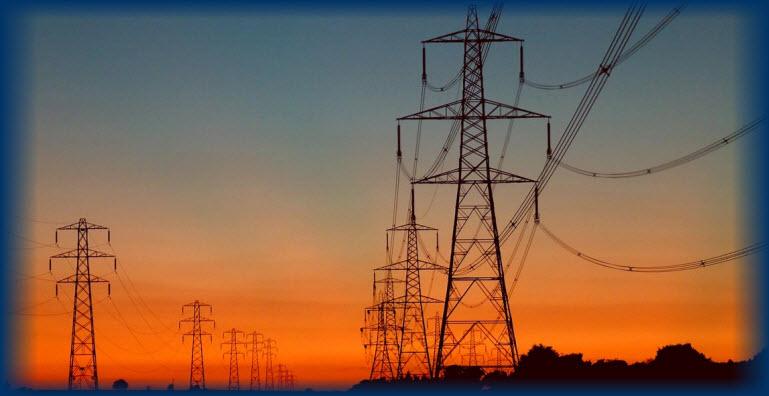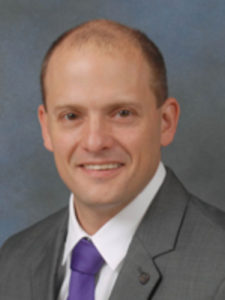
FPL wants $13 more a month from us
Thirteen dollars is not much in today’s economy – unless you’re one of the too many who skips a meal because there’s not enough money to feed the entire family.
Then there’s the case of the Miami-Dade School Board, who has a hard time paying its bills (with our tax dollars) as it is. Thirteen dollars more a month added to their bill(s) translates to $37 million more paid over a four year period in order to keep the lights on in Miami’s public school system. At whose expense?
And for what?
Florida Power and Light (FPL) wants to reward itself for lowering our bills, while at the same time using part of those $13 to improve our grid. Sounds reasonable. That is until you dig just a little bit deeper.
FPL serves close to 10 million customers in Florida. The company practically functions as a monopoly in this state.

FPL is owned by NextEra Energy, Inc. It is very profitable. NextEra (NEE in the New York Stock Exchange) reported an adjusted net income of $715 million in the first quarter of 2016. FPL accounted for more than half of that amount. Let me underline the fact that these earning were attained during one-quarter of the year. NET earnings, therefore, are in the billions for the year. Also, these profits are not unusual. Just click here and see. The money has been pouring in for years.
Now “FPL has asked the Florida Public Service Commission to approve a 23-percent multiyear base-rate increase. The proposed increase would jump by about $8.50 in 2017, $2.50 in 2018 and $2 in 2019 — $13 more per month for the average residential user,” as reported by Local 10 News in Miami.
“That may not seem like a lot, but a lot of people are struggling to get by,” state Rep. Jose Javier Rodriguez, D-Miami, told Local 10 News. “$13 will hit you,” he said. Adding, “They’ve [FPL] been making plenty off of us with a monopoly.”
So the 13 George Washingtons are not a big deal, unless you are one of the many thousands of South Floridians who are poor. Or do we brush aside the fact that we live in a state where one of every five children experiences hunger sometime every month?
Still, FPL wants to justify its request by claiming that their bills “are $40 lower” than what others charge across the nation. I don’t doubt that this is true. What I question is why a utility company netting what FPL does should want even more (when the competition is nonexistent), and simply because their prices are lower? This sounds like FPL telling us that we should be penalized because they run a profitable company.
FPL also wants the rate raise “to strengthen [the FPL] grid against future storms, as well as for infrastructure and investments.” This is typical of what is happening around the country – driven by our good friends on Wall Street (who, by the way, play an important role in this story): FPL and its investors want to keep all the earnings while asking the consumer to share in the losses, and the cost of running the business.
Then there’s FPL’s executive pay. Here’s The Palm Beach Post in 2012, which explains part of what continues to happen:
“NextEra Energy [now retired] Chairman Lew Hay … collected $33 million in 2012 … Hay’s pay included a salary of $1.39 million and a pension contribution of $5.7 million. But the big prize came in the form of stock wealth. Hay exercised options on 300,000 shares of NextEra (NYSE: NEE) in September and October for a gain of $11.6 million. Through stock vesting, Hay also took ownership of 166,000 shares of NextEra worth $11.3 million.”
In another part of the same story, they add: “NextEra shares rose 14 percent last year (2011)… President and Chief Executive James Robo made $14 million last year, and Chief Financial Officer Moray Dewhurst collected $13.4 million.”

In other words, FPL, a publicly traded company, pays its top executives high salaries. Those FPL presidents, vice presidents, and hundreds of others work to keep the company’s investors happy at the expense of the people who cannot afford the 13 extra dollars every month. It’s a system rigged for a chosen few to keep collecting those juicy salaries and stock options.
And surely those thirteen dollars will help make some rich folks… a little richer. And for the rest? As some historians would have you believe Marie-Antoinette once said: “Let them eat cake.”
*****
Two parting thoughts: FPL has put South Floridians in danger of radiation exposure because of aging cooling canals at the Turkey Point nuclear plant. They were found to be leaking into Biscayne Bay. The state has given them 10 years to clean up the massive underground plume of saltwater threatening the area’s drinking water well fields. Hell! during that time period we may all be dead. FPL is also the company who has made it impossibly difficult for alternative energy companies (like solar energy initiatives) to begin exploring new energy solutions in Florida. And all because it would affect FPL’s bottom line.

